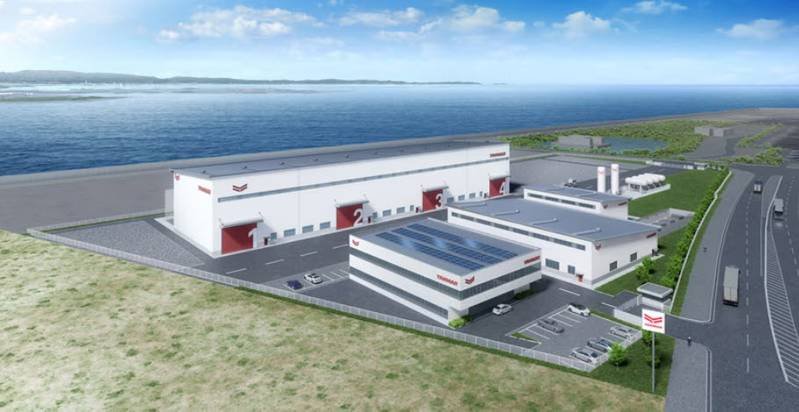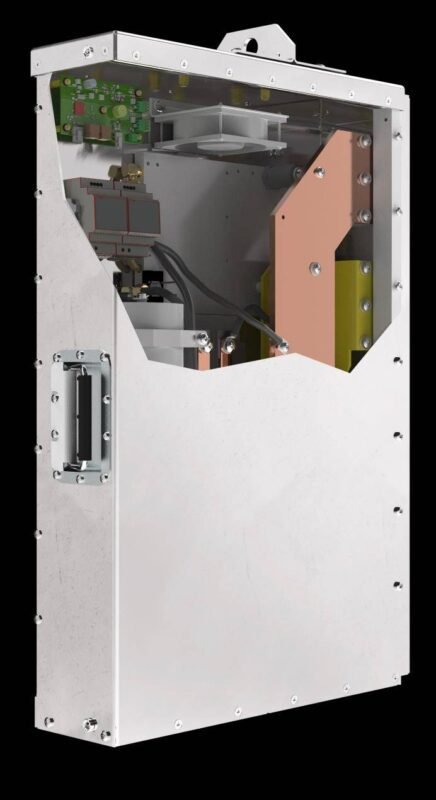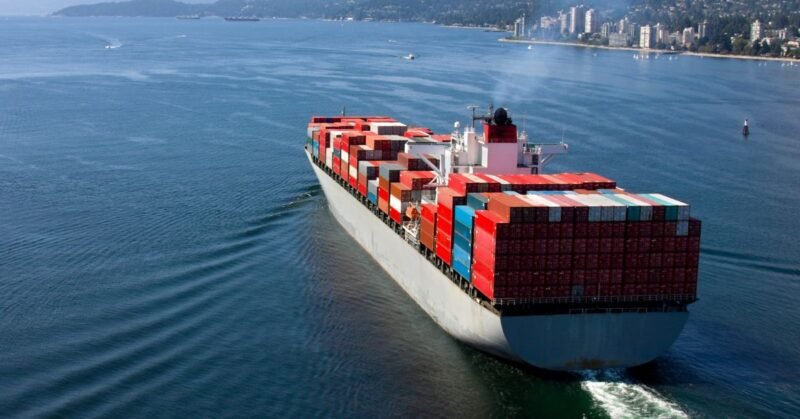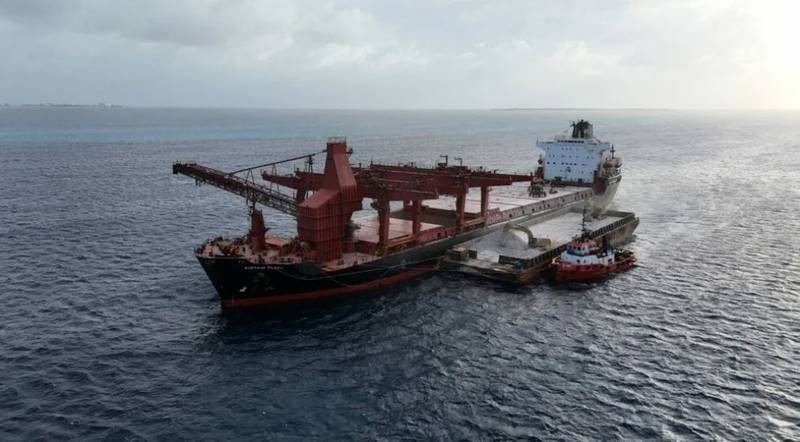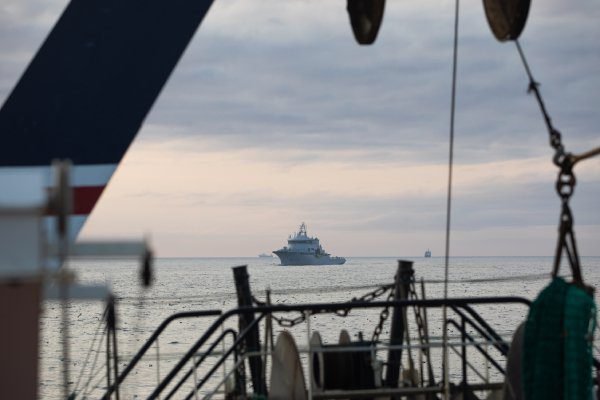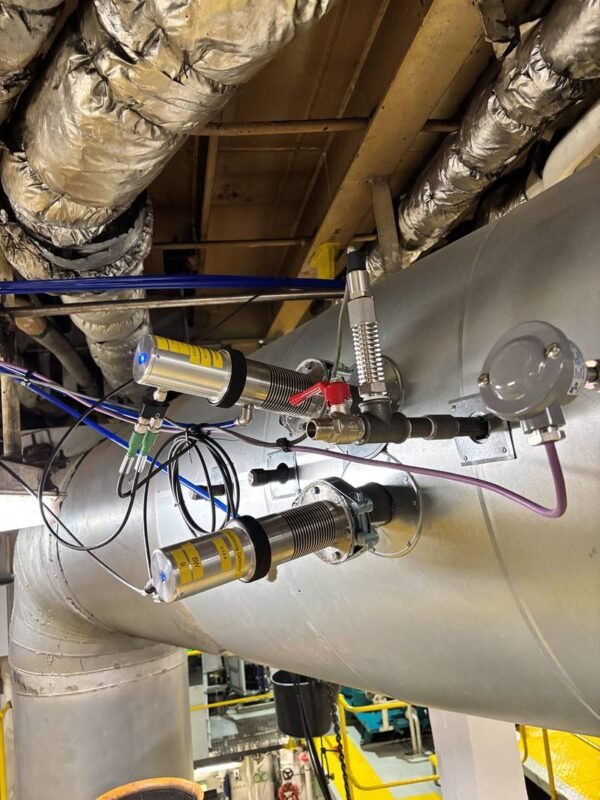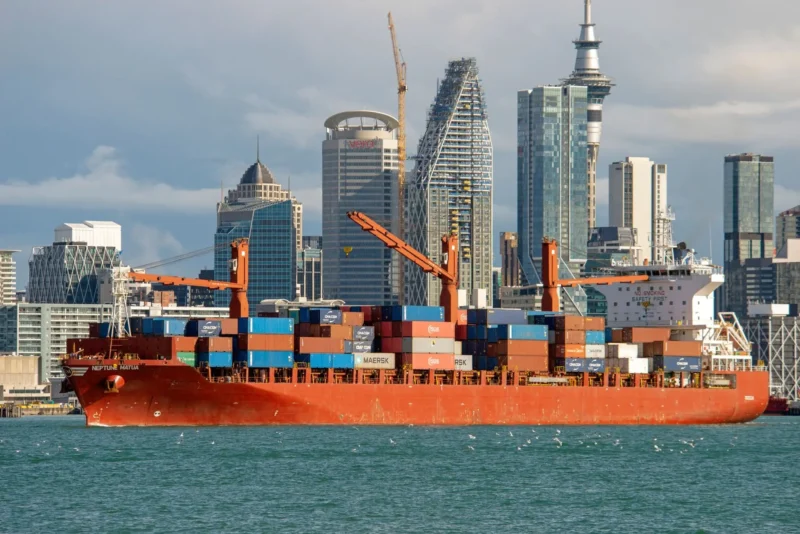The Atlantic Destiny experienced a catastrophic incident when its engine’s shaft generators exploded, causing a fire and subsequent flooding in the engine room. Despite the challenging conditions, search and rescue authorities successfully evacuated everyone on board, but the ship ultimately sank the following day.
The Transportation Safety Board (TSB) identified errors in the firefighting response, noting that the engine’s safety system had failed to prevent the fire. The crew attempted to use the fixed fire suppression system in the engine room, but made crucial errors by re-entering the sealed space multiple times, reintroducing oxygen and reducing the system’s effectiveness.
The TSB found that the crew’s attempts to investigate water sounds and access the auxiliary generator reintroduced oxygen into the engine room, ultimately leading to the reignition of the fire. These errors in the firefighting response contributed to the devastating outcome for the Atlantic Destiny.








